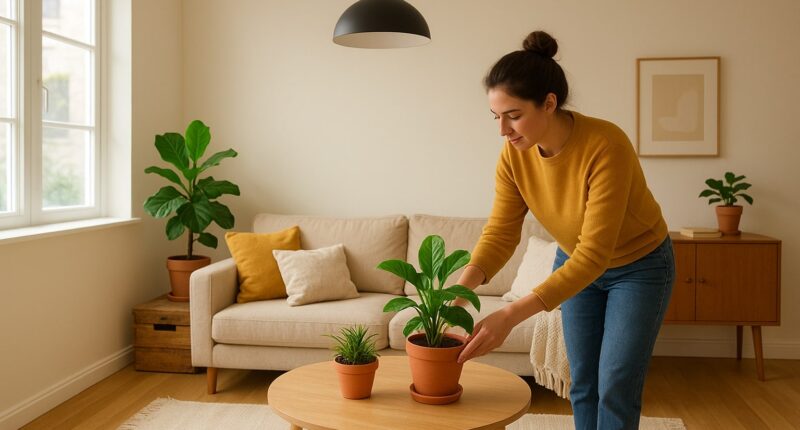Upgrading your home doesn’t have to mean draining your savings. With careful planning, creativity, and a bit of hands-on effort, you can transform your space into a more beautiful, functional environment without overspending. Below are essential tips for revamping your home smartly and economically.
Plan and Create a Realistic Budget
The first step to any successful budget-friendly renovation is setting a clear plan and defining a spending limit. List your renovation priorities and categorize them into “must-haves” and “nice-to-haves.” Research costs for materials, labor, and permits to avoid surprises later. A well-structured budget ensures financial control and helps you make informed decisions.
Focus on High-Impact Upgrades
You don’t have to remodel the entire house at once. Concentrate on areas that make the most significant difference in aesthetics and functionality—like kitchens, bathrooms, and living spaces. Simple improvements such as changing cabinet handles, updating lighting, or installing open shelving can instantly refresh your home’s look while keeping costs minimal.
Refresh Walls with Paint or Wallpaper
A new coat of paint is one of the easiest and cheapest ways to give your home a noticeable upgrade. Choose neutral or light tones to create a feeling of spaciousness and brightness. Alternatively, use peel-and-stick wallpaper for an accent wall—an affordable and temporary option ideal for renters or frequent decorators.
Embrace DIY Projects
DIY projects not only help cut down on labor costs but also let you personalize your space. You can repaint furniture, build storage units, or install decorative shelves yourself. Online tutorials make it easier than ever to learn basic carpentry, tiling, and other hands-on tasks.
Use Secondhand and Upcycled Materials
Explore thrift stores, online marketplaces, or salvage shops for affordable and unique décor pieces. Upcycling—repurposing old furniture and reusing materials—adds a custom touch to your home while lowering expenses and promoting sustainability.
Improve Lighting and Décor
Lighting can completely alter the feel of a room. Add affordable LED fixtures or replace outdated bulbs with energy-efficient options. Consider layering light sources—ambient, task, and accent lighting—to enhance depth and warmth. Complement this with simple décor updates, such as mirrors or textured cushions, to create a refreshed ambiance.
Maximize Natural and Eco-Friendly Elements
Incorporating natural materials like wood, stone, or rattan creates a timeless, organic aesthetic. Indoor plants can add vibrancy, purify air, and soften hard interiors—all at a low cost. Sustainable upgrades, even small ones, contribute to a healthier home and long-term energy savings.
Take a Phased Approach
Instead of completing everything at once, spread your renovation over time. Start with high-impact changes, then move to smaller cosmetic updates. This approach makes the process financially manageable, allowing you to refine your design as your budget allows.
Final Thoughts
Renovating on a budget is all about being strategic and resourceful. By planning carefully, prioritizing essential upgrades, and embracing creativity, you can revitalize your home without overspending. With a mix of DIY efforts and smart material choices, your dream space can become reality—one affordable step at a time









